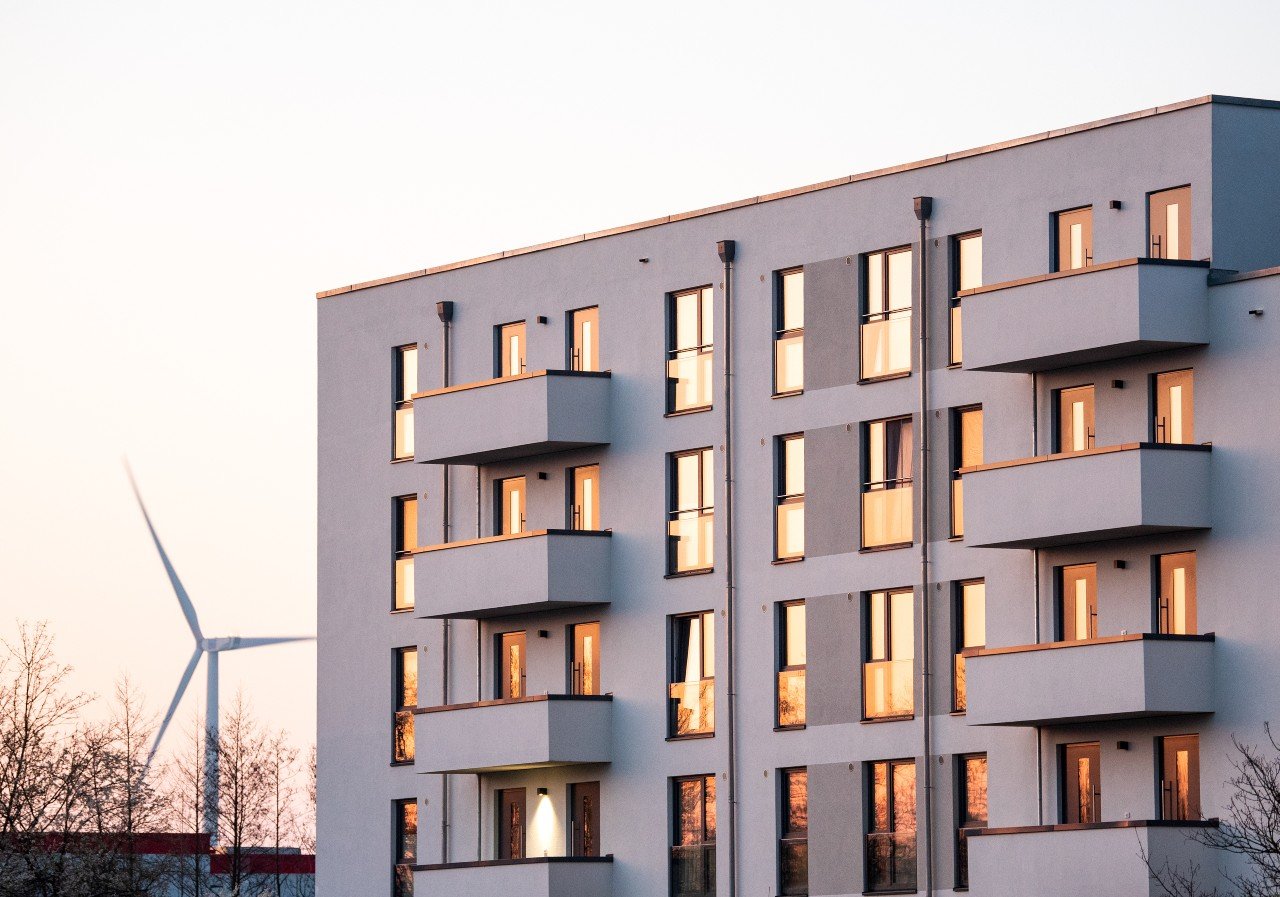In many European cities, housing is one of the biggest headaches for international residents. Half of all property rental ads in Paris are illegal, according to one study, while many German cities have seen protest marches against “rental insanity”.
It’s hardly what new arrivals want to hear. But how about moving into a large, fully furnished apartment, with cleaning provided and flexible arrangements to match your life?
You could get all this with LifeX co-living if you need a place in Copenhagen, Vienna, Paris, Berlin, Munich or London. With the opportunity to share with a diverse set of international professionals, residents say the apartments also offer a great way to make new friends.
Hassle-free housing: find out more about what you get when you move in with Life X
Clean, classy and always convenient
“Everyone knows these days that time is the only thing you can’t buy more of,” says Paul Sephton, a 30-year-old South African who lives in a LifeX apartment in Copenhagen. “LifeX is a ‘plug-and-play’ model to move into a new city and feel like you’ve had a home for years.”
He describes the services he receives as “phenomenal”. In addition to a furnished room, you get pillows, sheets, and a weekly clean. If you enjoy cooking, you can expect mixers and modern appliances, as well as basics like pots and pans.
“Things like the cleaning really save you time on a daily basis to focus on the things you want to do,” says Paul.
Ivana Jelic, 32, from Serbia, moved from Paris to Munich, where she works in venture capital, in June 2019. “If you’re coming as a foreigner, it’s complicated and the search for a flat is a nightmare,” she says. After first moving into a private rental on her own, she moved into a LifeX apartment four months ago.
“I just came in with one suitcase,” she says. “It was so easy. There were pillows, a duvet, towels, the whole kitchen is equipped – you even have coffee. You have modern furniture and it’s light and clean. It’s like a serviced apartment with everything provided but a lot more personalised.”
She also praises the administrative approach, including digital contract signing. “All this paper is removed from the picture,” she says.

Your very own friend finder
Between four and eight people live in a typical LifeX apartment. That means around 40-50m2 of space per person on average – a far cry from a cramped studio flat. But having plenty of personal space doesn’t mean you’ll be short of potential friends.
Paul shares his apartment in the elegant and green Østerbro district with six people from six countries: Brazil, Finland, France, India, Iran, and Zimbabwe. While their origins are diverse, Paul says they all have a similar mindset about co-living that he finds “uplifting”.
“You’re sharing with people who have the common point of coming far from home and are interested in meeting and engaging with other people,” he says.
Social events that the company facilitates encourage “organic” connections whether you’re an introvert or an extrovert, he adds.
“I have colleagues who pay huge subscriptions for expat events with buffet table brunches,” says Paul, a brand communications manager. “It’s a very forced social facilitation where you try to walk away with friends.”
Ivana shares her apartment in Haidhausen, a trendy area of Munich by the Isar River, with two flat-mates from Switzerland and Lithuania. “I was in Munich for nine months before coming to this flat. I didn’t really like it and I wasn’t sure if I wanted to stay,” she says. “My job, which I love, together with this flat, my flat-mates and the neighbourhood actually sided in favour of staying.”
Around one in five people living in LifeX properties are locals – so you might even find a friend who can show you around your new city.
Community and convenience: view all LifeX’s available apartments now
A home from home
Many international residents worry about a lack of flexibility in rental contracts. You may be asked to commit to a lengthy minimum period – or worry that a landlord could force you out when you have nowhere to go.
With LifeX, the minimum stay in most cities is three months – and you can stay as long as you want. Paul, who has been in his apartment for more than two years, says the experience has helped him develop a wide network that makes him feel at home in Copenhagen.
“There are lots of familiar faces,” he says. “You never really feel like you’re alone in a new city.”
Ivana, who moved into her apartment near the height of the pandemic, says she had initially planned to stay for just a few months before going back to living alone.
“I moved in with LifeX during a very hard period but it was the biggest help to lift me up,” she says. “A different Munich started to exist. I no longer need to go and live on my own.”
Moving to a new city or looking for a better home? Find out more about LifeX and its range of apartments in six major European cities: Copenhagen, Vienna, Paris, Berlin, Munich and London.







 Please whitelist us to continue reading.
Please whitelist us to continue reading.